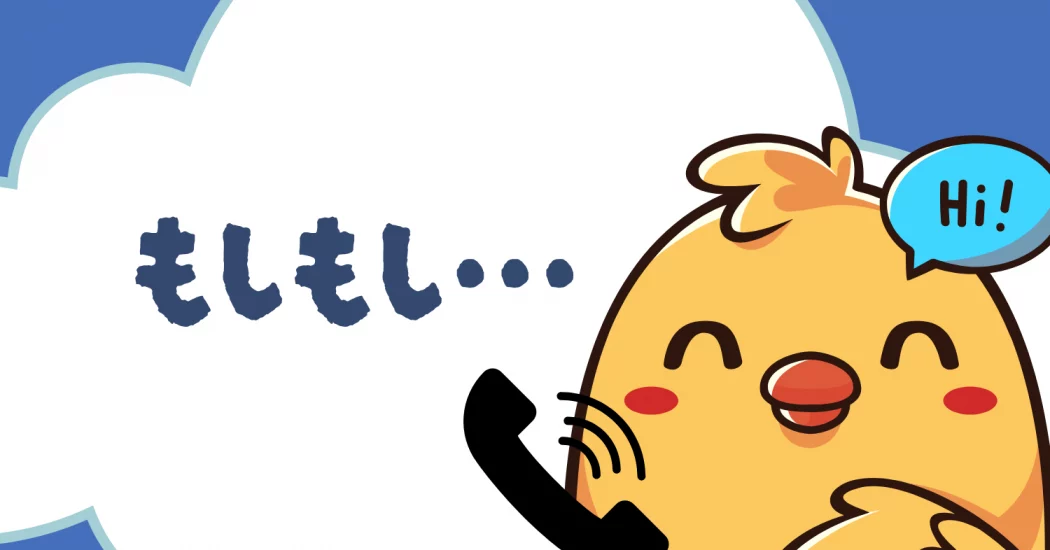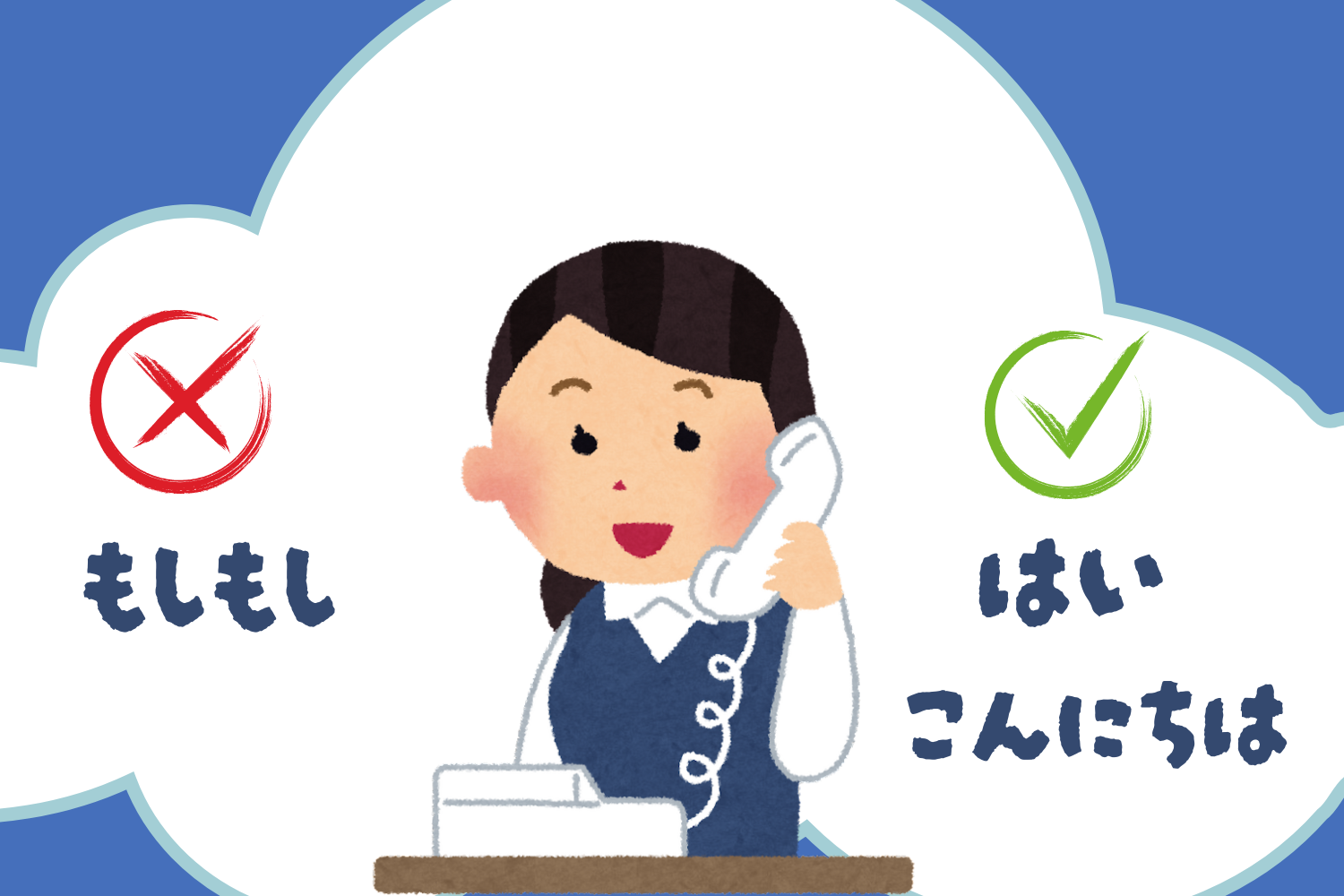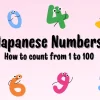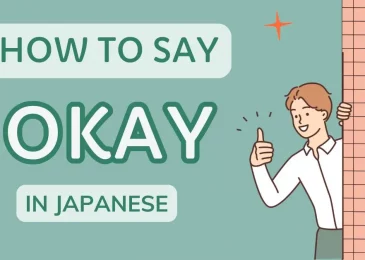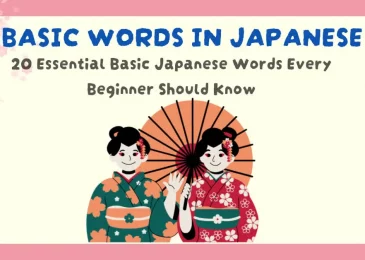- Introduction to ‘Moshi Moshi’
- Origin and Meaning of ‘Moshi Moshi’
- When and How to Use ‘Moshi Moshi’
- Why Japanese People Say ‘Moshi Moshi’ on the Phone
- Other Common Japanese Phrases Used on the Phone
- The Evolution of Japanese Phone Etiquette
- Conclusion
Introduction to ‘Moshi Moshi’
If you’ve ever watched Japanese anime or films, you’ve likely heard the phrase “Moshi Moshi” when characters answer the phone. But what exactly is the Moshi Moshi meaning, and why is it so commonly used in Japan? In Japanese culture, language, and etiquette are intertwined, and “Moshi Moshi” is a unique example that combines both tradition and practicality.
Understanding Japanese phone etiquette can reveal interesting insights into Japanese values, communication styles, and social customs. This article will explore the origins, cultural significance, and appropriate contexts for using “Moshi Moshi,” along with other Japanese greetings used in phone conversations.
Origin and Meaning of ‘Moshi Moshi’
The meaning of “Moshi Moshi” originates from the Japanese verb “mousu” (申す), which means “to say” in a humble form. Historically, Japanese people used very formal language, especially when speaking to those of higher status. Instead of simply saying “hello,” they would say “Moushiagemasu” (申し上げます), which is a respectful way of announcing oneself. Over time, as language evolved, this formal greeting was shortened to “Moshi Moshi,” becoming a casual yet polite way to answer the phone.
Why is “Moshi Moshi” Only Used on the Phone?
“Moshi Moshi” is unique to phone calls and people almost never use it in face-to-face interactions. The Japanese needed a specific phrase when phones were first introduced in the early 20th century to greet callers and confirm the connection. Thus, “Moshi Moshi” was adopted as a straightforward yet polite way to open phone conversations. This phrase has since become the standard way to answer the phone in informal contexts in Japan.
Today, “Moshi Moshi” reflects not only a greeting but also a tradition that ties modern technology to historical Japanese customs. Unlike in Western cultures using “hello” across all settings, Japan has designated “Moshi Moshi” specifically for phone conversations, showing the importance of context in Japanese greetings.
Cultural Influence of ‘Moshi Moshi’
Using “Moshi Moshi” is more than just following etiquette; it’s a part of Japanese identity. People have used “Moshi Moshi” for over a century and reflects Japan’s adaptation to technological changes, like the telephone while preserving cultural values. “Moshi Moshi” embodies the Japanese emphasis on respect and formality in communication.
When and How to Use ‘Moshi Moshi’
While “Moshi Moshi” is widely recognized, it’s essential to understand when and how to use it correctly. Here are key points for using “Moshi Moshi” in different contexts:
When to use it: Use “Moshi Moshi” at the start of phone calls, primarily between friends, family members, or in casual settings. It’s warm, familiar, and friendly, setting a comfortable tone for the conversation.
How to use it: When answering a call, say “Moshi Moshi” clearly so the caller knows you’re there. This is similar to saying “Hello” when picking up the phone in English. If the line has a poor connection or if there’s a delay in response, you might say “Moshi Moshi” again to make sure the other person can hear you. Repeating it is a way to confirm that the connection is stable.
When NOT to Use ‘Moshi Moshi’
Avoid using “Moshi Moshi” in formal or business contexts. When speaking with someone in a professional setting, or with a person of high status, “Moshi Moshi” can sound overly casual and even disrespectful. Instead, use more formal greetings. Here are alternatives:
- “Hai” (はい): A simple “yes” that’s respectful and formal.
- “Konnichiwa” (こんにちは): This means “hello” and is polite for semi-formal situations, such as answering a call from an acquaintance or colleague.
Understanding Japanese phone etiquette helps you use the right phrase, showing respect for cultural nuances.
Why Japanese People Say ‘Moshi Moshi’ on the Phone
The use of “Moshi Moshi” in phone conversations has both practical and cultural reasons. Here are a few of the most significant:
Clarity and Confirmation
The double “Moshi” (Moshi Moshi) provides clarity and ensures both parties are aware of each other’s presence on the line. In a country that values clear communication and mutual respect, this repetition helps establish the connection between the speaker and the listener. When saying “Moshi Moshi,” it’s as if both people confirm, “Yes, I am here, and I hear you.”
Cultural Respect
In Japanese culture, interactions often involve careful consideration of context, respect, and hierarchy. By choosing a greeting specifically for phone use, Japanese phone etiquette maintains politeness without needing a lengthy or overly formal introduction. “Moshi Moshi” serves as a friendly yet respectful acknowledgement that sets the tone for a relaxed conversation.
Popular Myth
A popular myth surrounding “Moshi Moshi” says it’s used to confirm the caller is human! According to legend, spirits, ghosts, or supernatural entities can only say a word once, so by repeating “Moshi,” a person ensures they are speaking with another human. While this is just a myth, it adds a bit of charm and mystery to the use of “Moshi Moshi” on the phone.
Other Common Japanese Phrases Used on the Phone
Aside from “Moshi Moshi,” various other greetings are used in Japanese phone conversations depending on the level of formality. Let’s look at some common Japanese greetings used over the phone:
- “Hai” (はい): This simple “yes” is often used in business calls or formal situations. It’s a respectful way to answer the phone, especially when addressing superiors or clients. In many formal settings, answering with “Hai” shows professionalism and respect for the caller.
- “Konnichiwa” (こんにちは): Though “Konnichiwa” generally means “hello”, it can be used in phone conversations, especially in polite or semi-formal contexts. Using “Konnichiwa” can help you sound professional without being overly formal, making it a good choice for calls with acquaintances or colleagues.
- “Shitsurei shimasu” (失礼します): Translating to “excuse me” or “pardon me”, the Japanese often use this phrase when ending a call politely, especially in business conversations. It helps maintain a sense of respect, especially when speaking with people in formal settings or those of higher status.
Building Japanese Vocabulary with MochiKanji
If you’re excited to learn Japanese greetings and other essential phrases, the MochiKanji app is an excellent companion for mastering vocabulary and conversation skills. MochiKanji is designed not only to teach individual words but also to provide context, helping learners understand when and how certain phrases are used. For example, you’ll learn how to correctly use greetings like “Moshi Moshi” on the phone, or “Konnichiwa” in various social settings. This contextual learning is essential for understanding the subtle aspects of Japanese phone etiquette and making a good impression when speaking with native speakers.
MochiKanji offers structured lessons that guide you through the basics of kanji characters, pronunciation, and essential vocabulary, making it suitable for both beginners and advanced learners. The app’s interactive exercises and quizzes encourage consistent practice, allowing you to gradually build a strong foundation in Japanese. With MochiKanji, you can track your progress as you learn new phrases and see improvements in your ability to understand and use Japanese greetings in everyday conversations.
For anyone aiming to communicate naturally in Japanese, MochiKanji is a valuable tool that goes beyond textbook learning. You’ll gain the confidence to hold basic conversations and respond appropriately in different situations, from casual chats with friends to formal phone calls. Whether your goal is to learn Japanese for travel, business, or personal interest, MochiKanji makes the journey enjoyable and efficient, helping you bridge the gap between understanding and real-life usage.
The Evolution of Japanese Phone Etiquette
Japanese phone etiquette has evolved with advancements in technology. With smartphones, messaging apps, and video calls becoming the norm, how people communicate in Japan has shifted. Still, “Moshi Moshi” remains a popular and enduring phrase on phone calls, particularly among older generations who appreciate traditional greetings.
In Japan, adapting to new communication methods doesn’t mean abandoning tradition. While younger people might use different expressions or even respond to calls with casual greetings like “Yo!” among friends, the classic “Moshi Moshi” is still respected and valued. This balance between tradition and modernity is one of the unique aspects of Japanese phone etiquette.
Conclusion
The Moshi Moshi meaning goes beyond a simple “hello” on the phone. It’s a reflection of Japanese culture, a product of historical language evolution, and a practical tool in Japanese phone etiquette. This phrase became popular because of its friendly tone, clarity, and cultural significance, which makes it ideal for casual phone conversations.
When you answer the phone with “Moshi Moshi,” you’re not only greeting the caller but also connecting with a piece of Japanese tradition. By understanding the proper use of “Moshi Moshi” and other Japanese phone greetings, you’ll be better equipped to navigate Japanese culture with respect and appreciation. So the next time you receive a call from a Japanese friend, remember to use “Moshi Moshi” and enjoy this unique aspect of Japanese communication.

